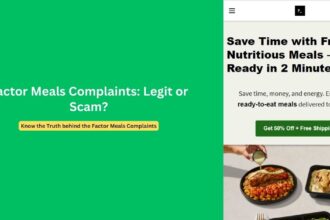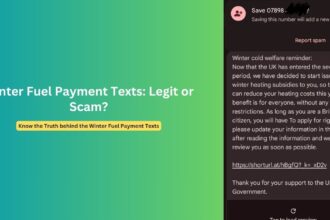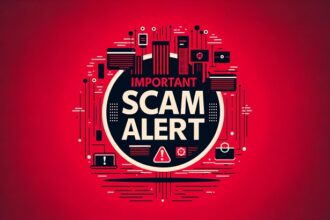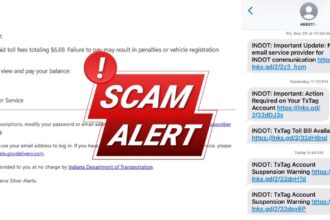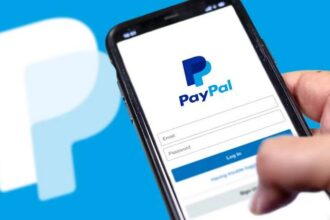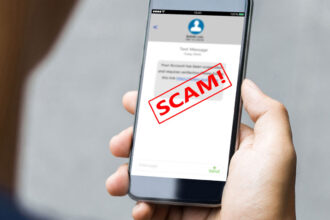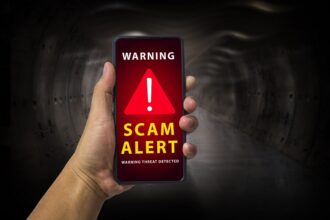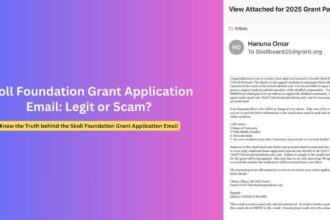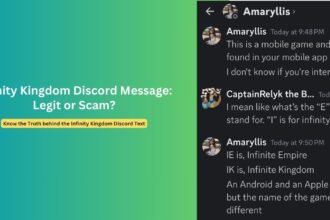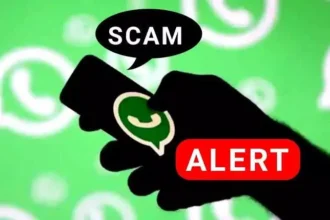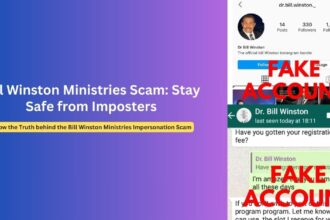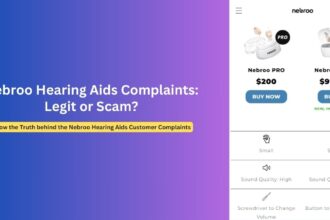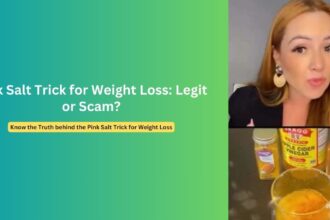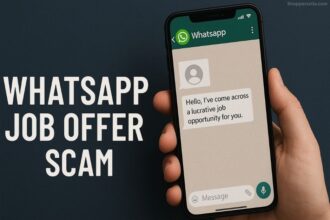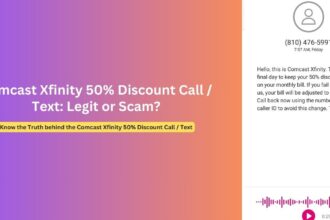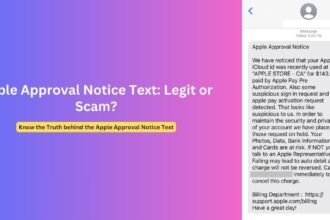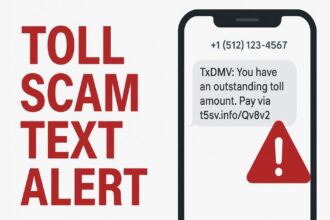As the $90 million Facebook Internet Tracking Settlement begins distributing payments today, many recipients are questioning the legitimacy of emails and notifications they’ve received. With $40.67 payments arriving via various digital payment platforms, users are rightfully cautious—especially as scammers attempt to capitalize on this high-profile payout event.
The Real Facebook Internet Tracking Settlement: What You Need to Know
The Facebook Internet Tracking Settlement stems from a class action lawsuit initially filed in 2012, alleging that Facebook (now Meta) improperly tracked users’ internet activities between April 22, 2010, and September 26, 2011, even after they logged out of the platform. After years of litigation, the case has finally reached its payment distribution phase.
Legitimate settlement payments are being distributed to eligible claimants beginning April 10, 2025. Each approved claimant is receiving approximately $40.67, delivered through their chosen payment method:
- PayPal
- Venmo
- Zelle
- Virtual Prepaid Mastercard
- Paper check
For those receiving Virtual Prepaid Mastercards, emails are being sent from a “Hawk Marketplace” domain ([email protected]), which has caused some recipients to question the email’s legitimacy.
Is That Facebook Internet Tracking Settlement Email Legitimate?
Yes, if you filed a claim by the September 22, 2022 deadline, the payment notification you’re receiving now is likely legitimate. However, this has created a perfect opportunity for scammers to send fraudulent emails mimicking official settlement communications.
Here’s how to verify if your Facebook settlement email is legitimate:
Legitimate Settlement Email Characteristics:
- Sender address: Official emails come from mail id like [email protected] or [email protected]
- Payment amount: The standard payment is $40.67
- No request for payment: Legitimate emails will never ask you to pay fees to receive your settlement
- No request for sensitive information: The settlement administrator already has your payment details from your claim form
- Timeline alignment: Payments are being distributed starting April 10, 2025
Many recipients have confirmed receiving their payments through social media, with consistent reports of the $40.67 amount arriving via their selected payment method.
As one Reddit user commented: “I also received $40.67 (paid by PayPal). I’m from Nevada, USA.”
Red Flags: How to Spot Facebook Internet Tracking Settlement Email Scams
While the official settlement emails are legitimate, scammers are seizing this opportunity to send fraudulent messages. Here are key warning signs of a Facebook settlement email scam:
Watch Out For These Red Flags:
- Requests for payment: Any email asking you to pay a fee to receive your settlement is fraudulent
- Requests for sensitive personal information: The settlement administrator already has your necessary details
- Urgency tactics: Messages claiming you must “act now” or your payment will be forfeited
- Suspicious links: Hover over (don’t click) links to verify they lead to official domains
- Poor grammar or spelling: Official communications are professionally written
- Unexpected attachments: Be wary of emails with attachments you weren’t expecting
- Claim opportunities after deadline: The deadline to file claims was September 22, 2022—any email offering to let you file a claim now is fraudulent
One particularly concerning scam involves sending fake “claim form” emails to individuals who never submitted claims for the settlement, attempting to collect personal and financial information.
Protecting Yourself from Settlement Scams
If you receive a communication about the Facebook Internet Tracking Settlement, take these steps to protect yourself:
- Verify independently: Check the official settlement website at www.FBInternetTrackingSettlement.com for updates rather than clicking links in emails
- Contact the settlement administrator directly if you have questions:
- Phone: 1-844-665-0905
- Email: [email protected]
- Be skeptical of unexpected communications: If you don’t recall filing a claim (which would have been done before September 2022), be extremely cautious
- Check payment platforms directly: Instead of clicking links in emails, log in directly to your PayPal, Venmo, or other payment accounts to check for received funds
- Monitor accounts: After receiving your legitimate payment, keep an eye on the associated financial accounts for any suspicious activity
- Report scams: If you encounter a fraudulent email, report it to:
- The FTC at ReportFraud.ftc.gov
- The settlement administrator
- Your email provider
As one Facebook user who received their payment noted: “I was VERY dubious, but also vaguely remember reading about this 2 years ago. Anyway, $40 is $40 and I generally would have discarded the email by default because it sounds so fake.”
Virtual Prepaid Card Security Concerns
For those who selected the Virtual Prepaid Mastercard option, the legitimate email will come from [email protected] and direct you to MyPrePaidCenter.com to redeem your code.
To protect yourself when accessing these funds:
- Verify the domain: Make sure you’re on the actual MyPrePaidCenter.com website
- Consider transferring funds: Some recipients report immediately transferring the amount to more secure payment methods
- Use the card quickly: Minimize the time your funds remain on the virtual card
- Document everything: Take screenshots of transactions and confirmation numbers
One Facebook user shared their experience: “After some cautious internet searching & internet reputation checking, I went to MyPrePaidCenter.com and redeemed the emailed code for a prepaid MasterCard. Which I then used to buy myself an Amazon gift card for the exact same amount.”
Frequently Asked Questions
1. What if I received a settlement email but never filed a claim?
If you received a notification about a Facebook settlement payment but have no recollection of filing a claim, proceed with extreme caution. The legitimate settlement required claims to be filed by September 22, 2022. Contact the settlement administrator directly at 1-844-665-0905 (not through the email you received) to verify the communication.
2. How can I check if my payment is legitimate?
The most secure way to verify your payment is to log directly into your payment platform (PayPal, Venmo, Zelle, etc.) without clicking links in emails. If you see a payment of approximately $40.67 from “Facebook Internet Tracking Settlement Administrator,” it’s likely legitimate.
3. What should I do if I can’t access my payment?
Some users have reported technical difficulties accessing their payments, particularly with Venmo. If you’re experiencing issues:
- Contact the payment platform’s customer service
- Contact the settlement administrator at 1-844-665-0905
- Check if you need to “accept” the payment within your account or email
4. Is it too late to file a claim for this settlement?
Yes. The deadline to submit claims was September 22, 2022. Anyone claiming you can still file for this settlement is attempting to scam you.
5. Why am I getting emails about a Facebook Internet Tracking settlement I don’t remember?
Some recipients have expressed surprise at receiving legitimate payments, having forgotten they filed claims nearly three years ago. As one Reddit user commented: “I have no recollection of receiving notice or applying for this. I found this thread because I was googling to see if it was a scam.”
If you’re uncertain, contact the settlement administrator directly using the official contact information, not the details provided in the email you received.
The Bigger Picture: Digital Privacy and Settlement Scams
The Facebook Internet Tracking Settlement represents one of many privacy-related class actions against major tech companies in recent years. As these settlements reach their payment phases, they create prime opportunities for scammers to target consumers.
This settlement particularly highlights the challenges around digital privacy and data security:
- The original lawsuit concerned Facebook tracking users’ online activities without proper consent
- Now, as compensation is distributed, recipients must navigate potential security risks in claiming their payments
- The small individual payment amounts ($40.67) reflect the challenge of quantifying privacy harms in monetary terms
As one settlement recipient noted on social media: “So many people have lost or tracked my data that it would be easier to count the ethical companies now.”
For consumers, the key takeaway is to remain vigilant about both privacy practices and potential scams. While this settlement provides some compensation for past privacy intrusions, it also serves as a reminder to be cautious about who has access to your data—both online and when claiming settlements.
If you believe you’ve been targeted by a settlement-related scam, report it immediately to the FTC at ReportFraud.ftc.gov and to your state attorney general’s office. By staying informed and cautious, you can protect yourself while still claiming the compensation you’re entitled to receive.



